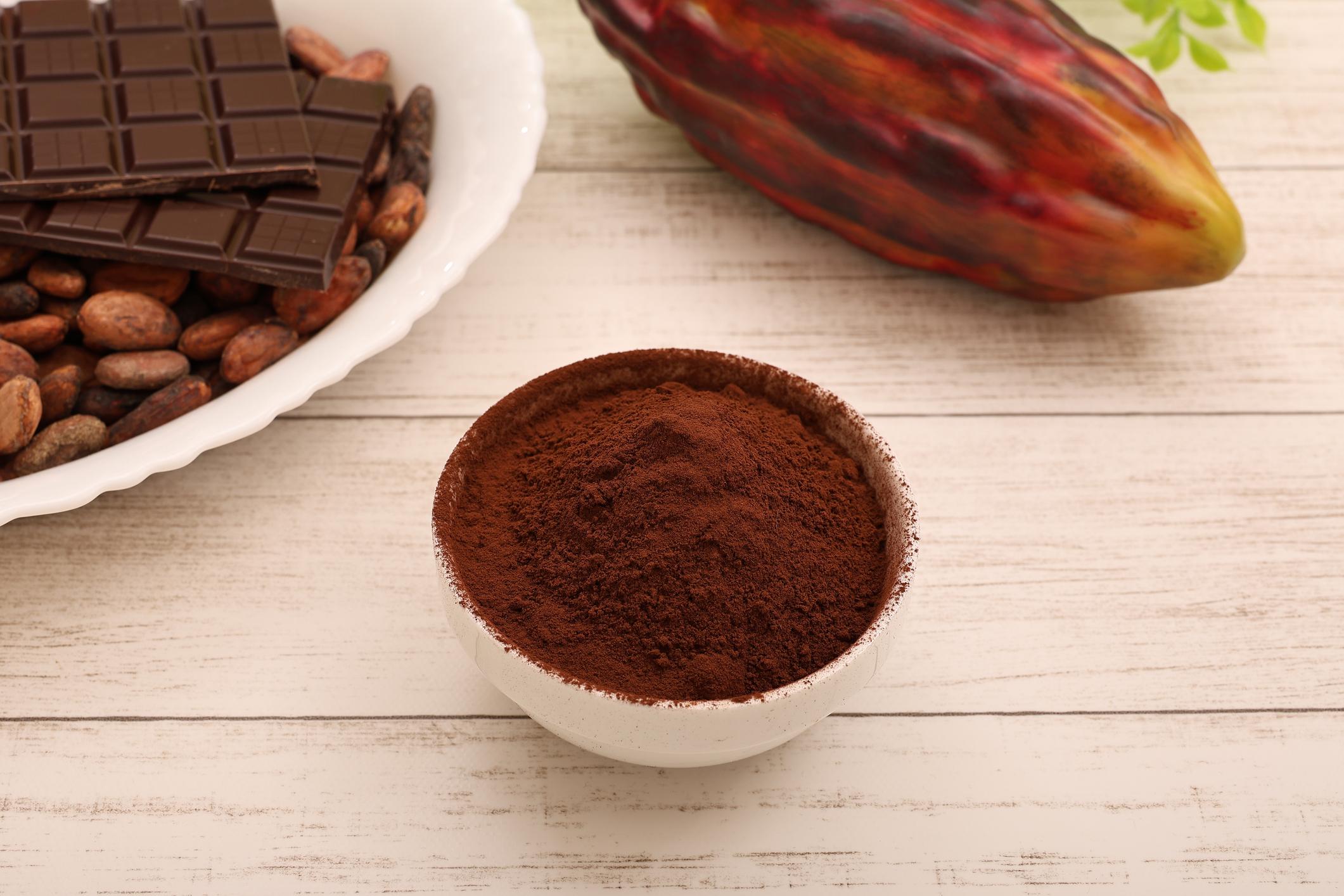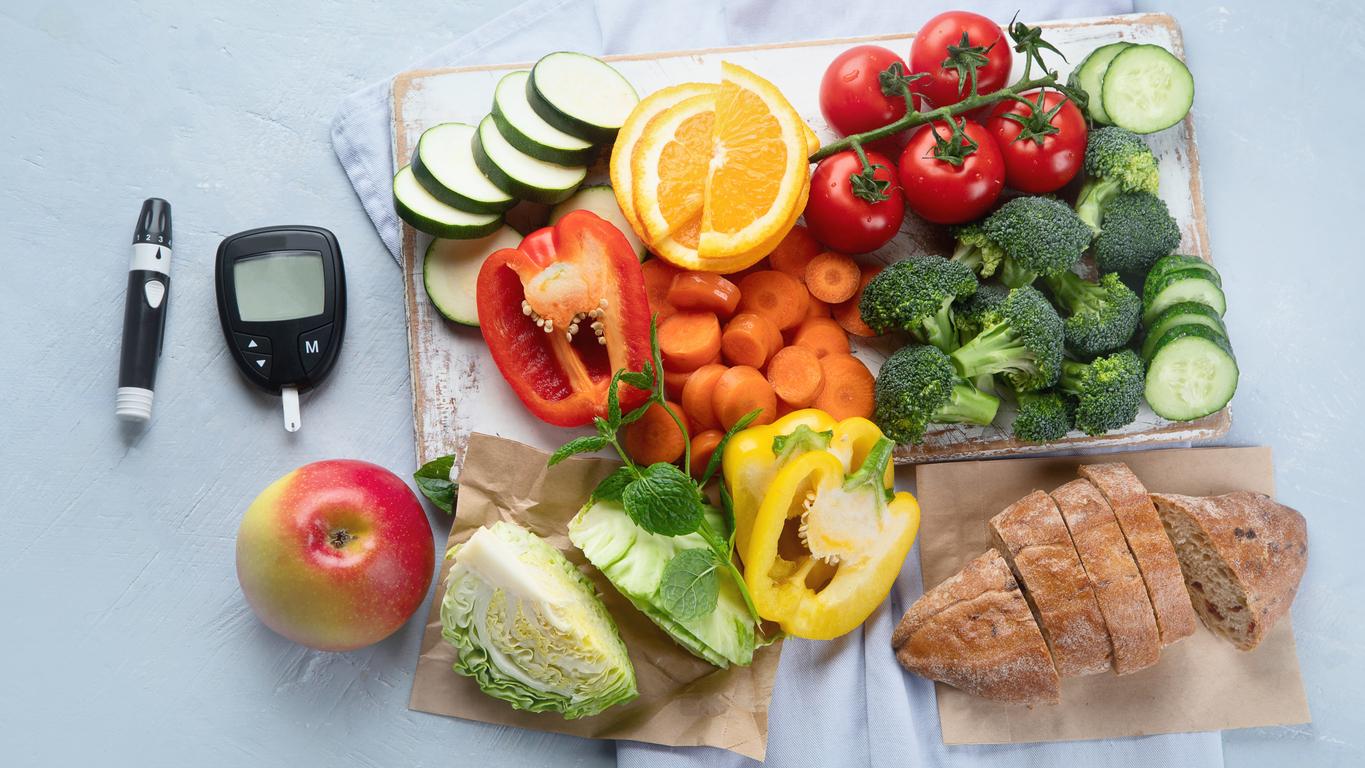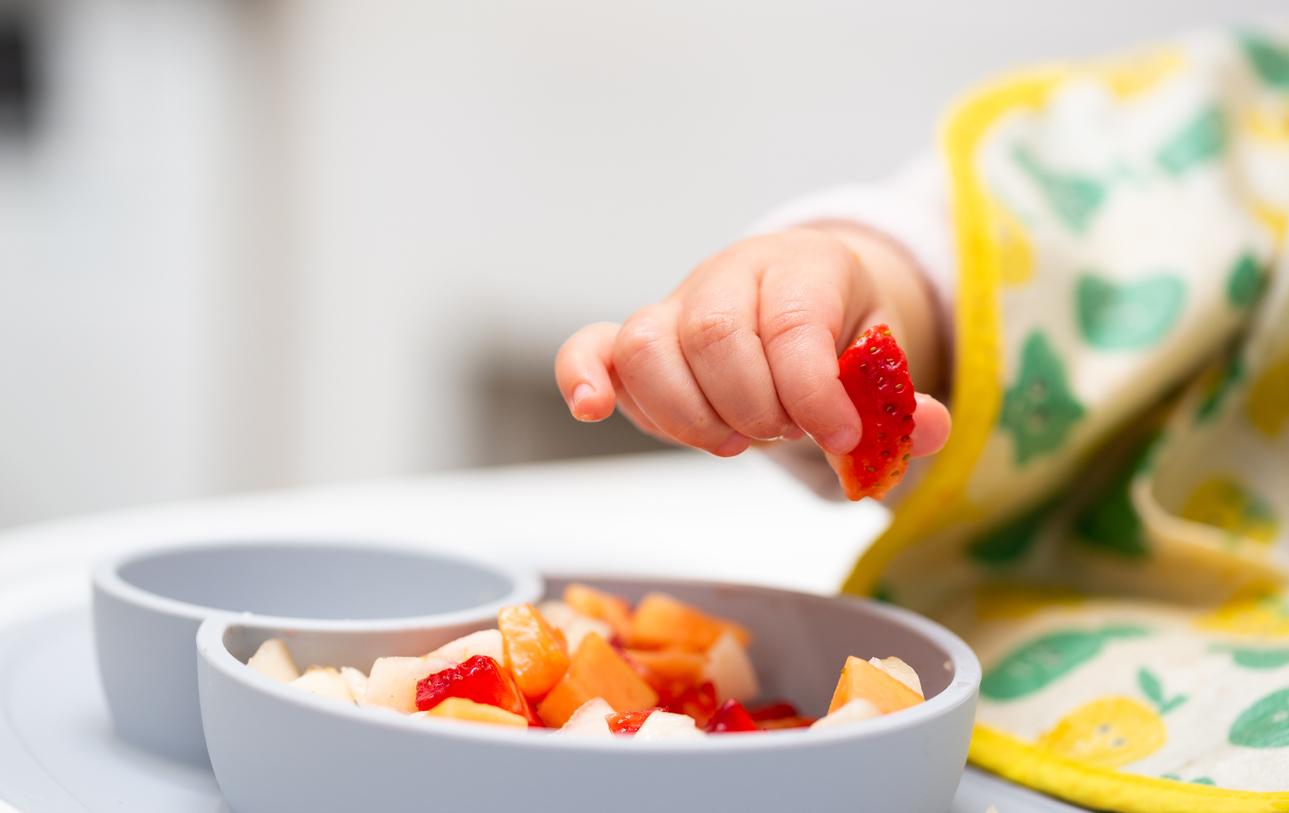In a recent study, Public Health France revealed that pesticides banned in France are still present on our plates and in the air we breathe. The health authority has recommended that the French adopt simple actions to be less exposed to these substances.

- Pesticides are used to control “weeds” or to protect crops against certain pests, such as mites, molluscs, bacteria or fungi.
- For several years, public authorities have been mobilizing to reduce and control the use of pesticides and to ban products that are dangerous to health and the environment.
For several years, exposure to pesticides has raised fears among the French population. The reason is simple: these substances can cause several side effects, such as allergic reactions, vomiting, but also increase the risk of developing cancerous or neurological pathologies. However, despite the prohibition of certain substances, several disturbing pollutants are still found in our bodies. This was revealed a new part of the Esteban study carried out by Public Health France and published on December 16.
This research conducted by the health authority describes for the first time exposure to families of pesticides in children and exposure to new substances in adults. The results of this work showed that overall the levels of impregnation with the substances were down, except for the metabolite of deltamethrin. However, Public Health France has indicated that “some substances that are banned today still lead to significant exposure.”
What are the pesticides to which the French are still exposed?
Among the pesticides pointed out by the health authority, we find lindane, an insecticide banned since 1998 in agriculture. “Lindane is quantified in almost 50% of the adult or child population”, can we read in the study. Glyphosate, a weedkiller, is also one of the substances to which citizens are still exposed. It is quantified in less than 20% of adults and children. Another observation: adults who consume eggs or fats still ingest “organochlorines, PCBs, dioxins and furans” and consumers of beef are exposed to “PCBs, dioxins and furans”.
Eat organic and ventilate the rooms
To be less exposed to pesticides, Clémence Fillol, head of the exposure monitoring unit of Public Health France, advises to vary your diet and include organic foods, “but also to respect the conditions of use of insecticides at home and to ventilate its interior regularly.”
.

















